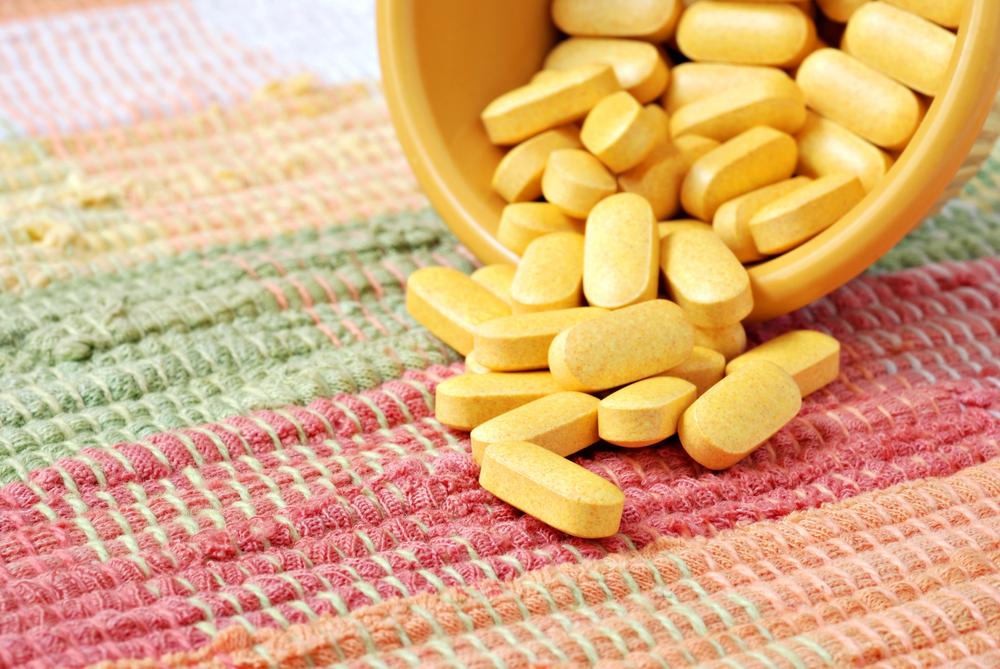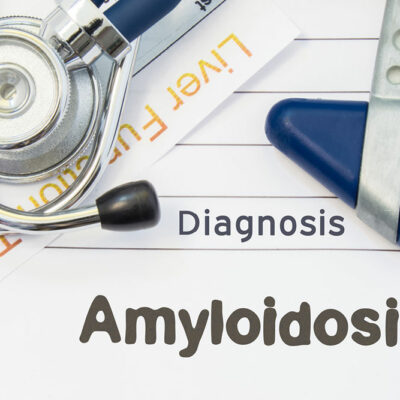
How to prevent Vitamin D deficiency
Vitamin D is one of the fat-soluble vitamins that controls calcium absorption and promotes the growth and mineralization of bones. It is also known as the sunshine vitamin as the main source of this nutrient is sunshine. It is one of the important nutrients that your body needs for building and maintaining your bones. There are several risk factors associated with the deficiency of this vitamin namely having dark skin, premature aging, obesity, tiredness, and many others.
However, you might not realize that you are deficient as the signs and symptoms are often very subtle. You can control the deficiency by following simple dietary tips for vitamin deficiency, which can also help you to maintain the level of vitamin for the future. The main source of this vitamin is sunlight, but most of the people might not get enough of it due to their location. If you do not get enough sunlight, then you must increase the intake from available food sources. Some foods could help in maintaining the level of vitamin D in your body. They are as follows:
1. Salmon
Salmon is one of the richest food sources of vitamin D and it is also a very popular fish around the globe. You might want to include it in your regular diet to maintain adequate vitamin D levels in your body.
2. Herring and sardines
Herring and sardines are widely consumed fish around the world; you can get it raw or in canned form. These fish can be included in your diet. You can add some spices and pickles for a better experience to satisfy your cravings as well as maintain your nutritional needs.
3. Shrimp
Shrimps are the most popular type of shellfish around the world and it contains a huge amount of vitamin D. Shrimps also contain other nutrients like omega-3 fatty acids, which are also known as healthy fatty acids. You can use shrimp as a part of your meal to maintain vitamin D balance in your body.
4. Egg yolk
Apart from fish, whole eggs are a great source of vitamin D and it is also a wonderful nutritious food. Most of the proteins are present in the white part of eggs but vitamins and other minerals are present in the egg yolk. You might include boiled eggs in your breakfast or your main courses according to your preference to maintain all nutritional needs.
5. Fortified foods
Natural sources of vitamin D are limited in number, especially when you are a vegan or do not like fish at all. Fortunately, some foods that do not contain vitamin D are fortified with this nutrient. Some fortified foods that contain vitamin D are cow’s milk (fortified and pasteurized), soya milk, orange juice, and oatmeal. So, these fortified foods, as per your preference, can be included in your diet.
Spending much time in direct sunlight is the best option for you to get enough amount of vitamin D, but this can be difficult at times. Eating enough amounts of the aforementioned foods can maintain the level of vitamin D in your body.


